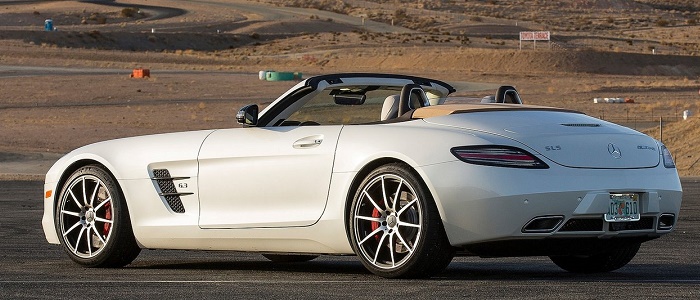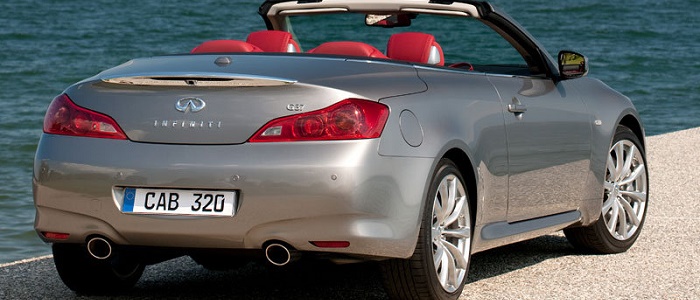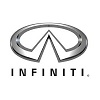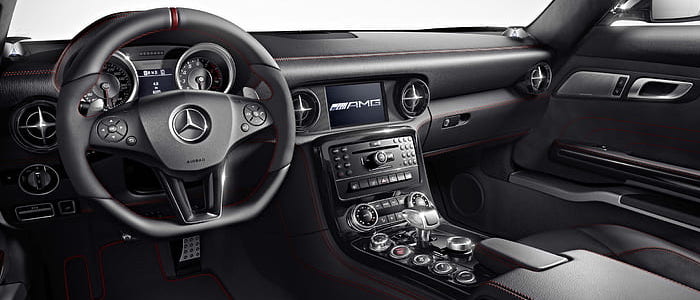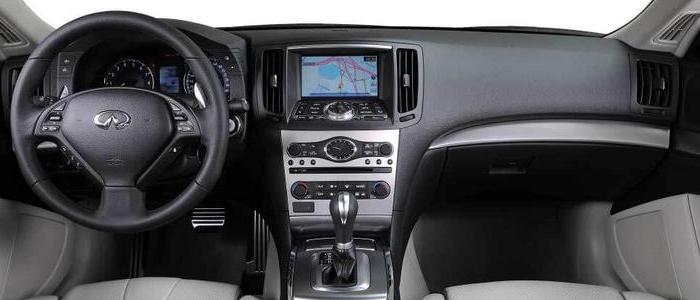Compare two cars
Compare any two cars and get our Virtual Adviser™ opinion
Dimensons & Outlines
Check vehicle history
Engine
6.2 M159 KE63 AMG HP
Performance (manual gearbox)
Performance (automatic gearbox)
Expenses
Virtual Adviser's™ opinion
Well, these are two pretty similar cars we have here! It's only details that could potentially make the difference. Considering they both belong to the sports car segment and utilize the same 2-door cabriolet body style and the rear wheel drive system, it all comes up to the specific petrol engine choice they offer. The first one has a Mercedes Benz-engineered powertrain under the hood, a 8-cylinder, 32-valves 591hp unit, while the other one gets its power and torque from a 6-cylinder, 24-valves 320hp engine designed by Nissan.
SafetyUnfortunatelly, neither of the two vehicles was submitted to the European New Car Assessment Programme (Euro NCAP) testing. This makes it virtually impossible for me to pick one over the other and I'm generally against buying such cars as the safety should really always come first. Still, apart from the official crash test results there are other things we need to be aware of. Both vehicles belong to the sports car segment, which is generally classifying them somewhere in the middle safety-wise, but it doesn't do much to help us decide between the two. On the other hand, when it comes to weight, a factor that most people underestimate, the Japanese car offers a considerable difference of 15% more metal.
ReliabilityManufacturers have been building their reliability reputation for decades now and, generally speaking, it appears that Infiniti does have a slight advantage, all the models observed together. These are the results of an independent reasearch, while our visitors describe reliability of Mercedes Benz with an average rating of 4.3, and models under the Infiniti badge with 4.6 out of 5. Independent research findings rank SLS as average reliability-wise, and Q60 is more or less at the same level.We should definitely mention that owners of cars with the same powertrain as the German car rank it on average as 3.0, while the one under the competitor's bonnet gets 5.0 out of 5.
Performance & Fuel economyMercedes Benz is undoubtly more agile, reaching 100km/h in 2.5 seconds less than its competitor. In addition to that it accelerates all the way to 320 kilometers per hour, 70km/h more than the other car. When it comes to fuel economy the winner has to be the Japanese car, averaging around 11.9 liters of fuel per 100 kilometers (24 mpg), in combined cycle. We can't ignore that 11% difference compared to the German car.
Verdict
Infiniti is apparently more reliable, not too much, but just enough. The most important thing when deciding between any two vehicles should always be safety, both passive and active. In my opinion, everything taken into account, the Japanese car offers significantly better overall protection, taking the lead here. From there things take a different direction, with Mercedes Benz outracing its opponent in any situation possible, making it better choice for boy racers. It does come at a cost though, and that's the fuel consumption... I believe that, when we take all into account, we have only one winner here - the Infiniti. Anyway, that's the most objective conclusion I could've came up with and it's based solely on the information found on this website. Aspects such as design, practicality, brand value and driving experience are there for you to measure them out. Also, you could use the oportunity to find out which car, everything taken into account, would be the perfect choice for you in the eyes of the virtual adviser™, among more than 12.000 different ones in our database.























